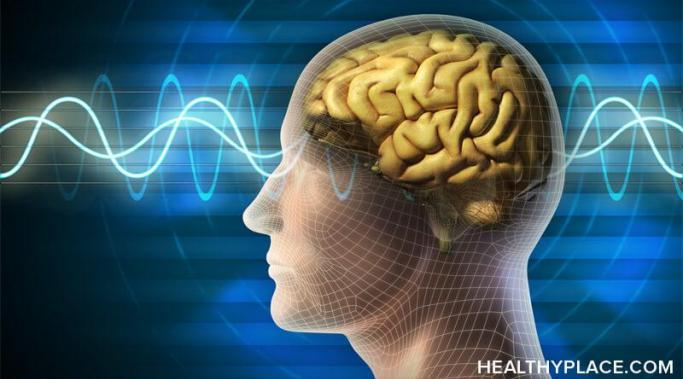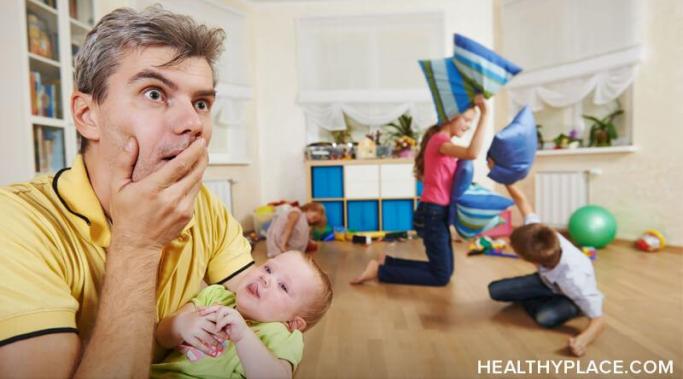Blogs
I don't have conclusive data, but I'm willing to bet a majority of people would like to optimize their productivity levels and manage time more efficiently. For people with attention-deficit/hyperactivity disorder (ADHD), any attempt to optimize time is littered with roadblocks. That's why I started to track my time to combat adult ADHD symptoms.
I believe that January offers the stillness necessary for revivification, and because of this, I've gotten into the habit the past couple of years of using the month as a true reset. I am especially thrilled about this opportunity this year. I ended 2022 not with a bang nor a fizzle but with a nagging cold, a shoulder injury, and a sub-par attitude. I'd like to share with you today my intentions around the new year to amend these physical and psychic wrongs.
In the past, I loved setting New Year's resolutions. But this year, my only resolution is to reach contentment. "Collins English Dictionary" defines contentment as "a feeling of quiet happiness and satisfaction." I think of quiet happiness as inner peace. That is something I rarely experience because anxiety and depression are loud and heavy. During the most stressful times, I forget that it is possible to find peace. In this post, I will share six steps to reach contentment this year.
My name is Matt Brocklebank, and I am delighted to be writing here on the blog "Living a Blissful Life" as part of the HealthyPlace team. I hope my insights into overcoming anxiety, panic, and obsessive-compulsive-related disorders will enable others in similar situations to do the same. From my own experience, I know that the idea of living a happy and fulfilling life can sometimes seem like nothing more than a fantasy. I also know that it doesn't have to be that way.
They say distraction can be a useful tool for self-injury recovery—but do self-harm prevention games actually help?
Sometimes behaviors appear in relationships that can make you feel uneasy or confused. Breadcrumbing is one of these habits that may have you wondering if it is verbal abuse. If you haven't heard of this term before, it can be good to know what signs to look for and if the breadcrumbing is severe enough to classify it as verbal abuse.
I am not the type who writes a meticulous, in-depth list of resolutions each year. But with the start of 2023 just around the corner, I have been reflecting on which aspects of my life should come with me into the future and which ought to be left behind in the past. Which behaviors, mindsets, attributes, or relationships have I outgrown? Which characteristics align with my core values, and which no longer serve the person I want to become?
It seems like I am always learning something new about schizophrenia and its symptoms. I learn from my relationships with people with the illness and from following social media accounts of people with schizophrenia or schizoaffective disorder. I also get new information from my doctor and other psychiatrists who write about schizophrenia symptoms and the latest treatments.
Saying goodbye is never easy, especially when you've enjoyed where you've been and are uncertain about where you're going. As one of the writers of "Anxiety-Schmanxiety Blog," I'm grateful to have had the opportunity to write about my anxiety journey, but it's time for me to say goodbye.
The best gifts don't come in prettily-wrapped packages. The best gifts aren't found under the tree. The best gifts are things we experience all year long.









